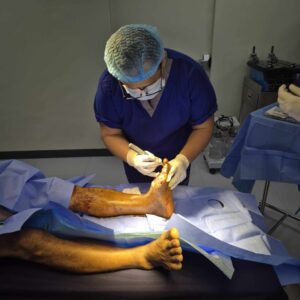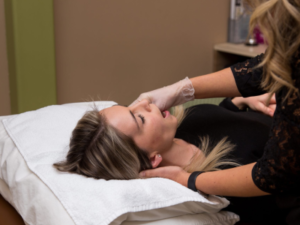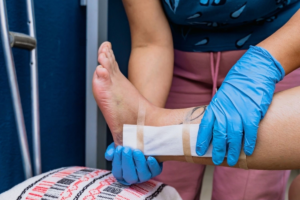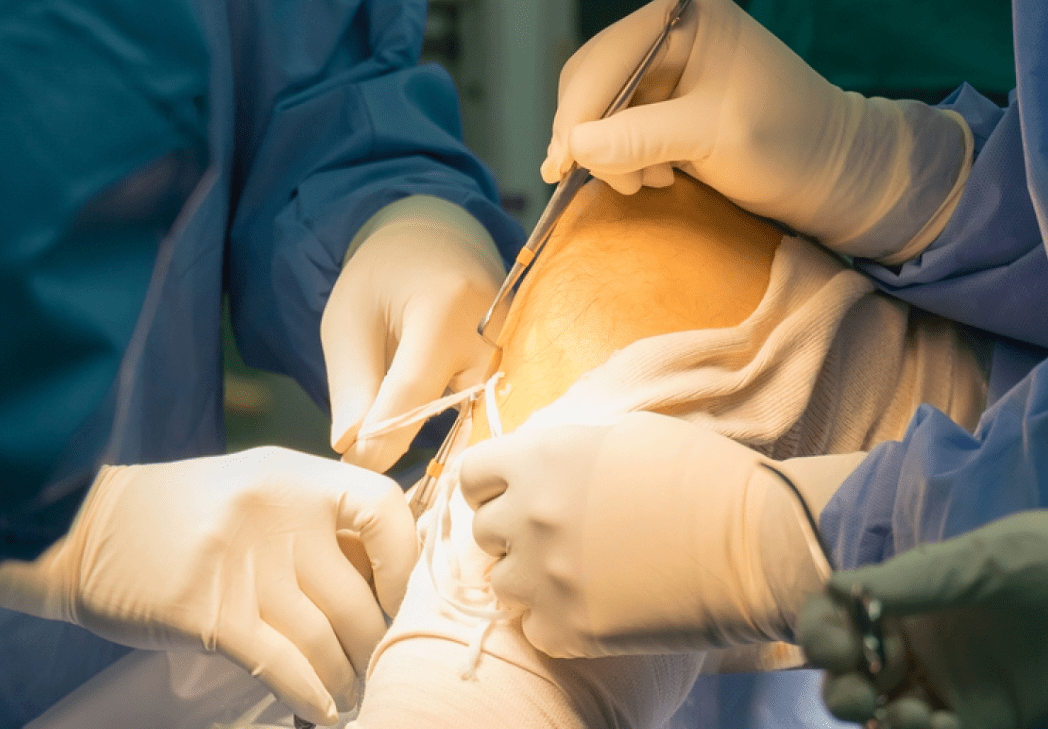Knee arthroscopy is a minimally invasive surgical procedure that plays a crucial role in diagnosing and treating various knee conditions, such as torn meniscus, ligament injuries, and damaged cartilage. If you’re scheduled for knee arthroscopy, proper preparation can significantly contribute to a successful outcome and smoother recovery. Here’s a comprehensive guide to help you prepare mentally, physically, and practically for your upcoming surgery.
Understanding Knee Arthroscopy
Knee arthroscopy involves the use of a small camera called an arthroscope to visualize the inside of the knee joint. This allows surgeons to accurately diagnose and treat knee problems with minimal disruption to surrounding tissues. Compared to traditional open surgery, knee arthroscopy offers benefits like smaller incisions, reduced recovery time, and less post-operative pain.
Preparing Mentally and Emotionally
Preparing for knee arthroscopy involves not only physical readiness but also mental and emotional preparation. Surgery can be daunting, but understanding the procedure and its benefits can alleviate anxiety. It’s normal to feel nervous, so practicing relaxation techniques, such as deep breathing or meditation, can help manage stress. Additionally, discussing any concerns with your healthcare provider and understanding what to expect during recovery can provide peace of mind.
Physical Preparation Before Surgery
Prior to knee arthroscopy, maintaining good physical health is essential. Strengthening the muscles around your knee through exercises recommended by your doctor can improve surgical outcomes and facilitate recovery. Activities like walking, swimming, or stationary cycling can help build strength and endurance. Eating a balanced diet rich in nutrients and staying hydrated also supports overall health and aids in recovery post-surgery.
Practical Steps for Preparation
Preparing practically involves several steps to ensure a smooth experience before, during, and after knee arthroscopy. Begin by scheduling necessary consultations and pre-operative tests as advised by your healthcare provider. It’s crucial to inform them about any medications or supplements you’re taking, as some may need to be adjusted before surgery. Plan transportation for the day of surgery and arrange for someone to assist you during the initial recovery period at home.
Creating a Support System
Having a strong support system is invaluable during the preparation and recovery phases of knee arthroscopy. Family and friends can provide emotional support and assist with practical matters, such as transportation and household chores. Open communication with your healthcare team is also essential. Don’t hesitate to ask questions about the procedure, recovery expectations, and any concerns you may have.
Post-Operative Expectations and Recovery
After knee arthroscopy, you can expect to experience some discomfort and swelling, which is normal. Your surgeon will provide specific instructions on managing pain, icing the knee, and performing gentle exercises to regain mobility. Physical therapy may be recommended to strengthen the knee and improve flexibility. Following these guidelines diligently can promote faster healing and reduce the risk of complications.
Potential Risks and Complications
While knee arthroscopy is generally safe, like any surgical procedure, it carries potential risks. These may include infection, blood clots, or damage to surrounding tissues. To minimize these risks, follow your doctor’s post-operative instructions carefully, attend follow-up appointments, and report any unusual symptoms promptly. Your healthcare team is there to support you throughout your recovery journey.
Takeaway
Preparing for knee arthroscopy involves comprehensive planning and preparation to ensure a successful outcome. By focusing on mental preparedness, physical health, practical arrangements, and building a strong support network, you can navigate the process with confidence. Remember, each person’s experience may vary, so consult with your healthcare provider for personalized advice tailored to your specific needs.










